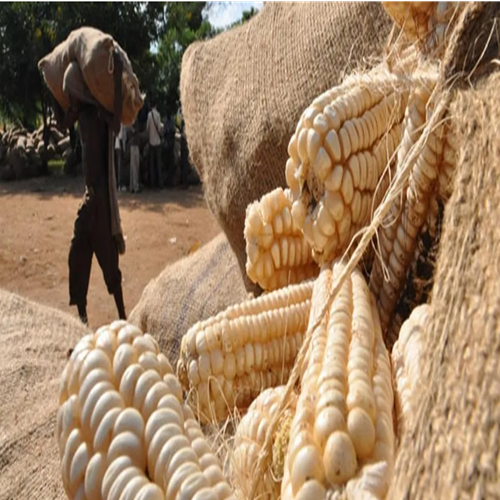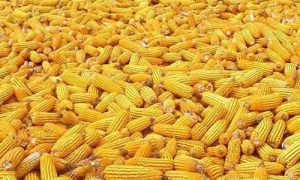Zambia Halts Mealie Meal Exports to Secure Food Supply

In a move that took many by surprise, the Zambian government has made a decisive stance against the export of mealie meal, a staple food product derived from maize. The announcement, made in Lusaka by Agriculture Minister Rueben Mtolo Phiri, marks a critical juncture in the nation’s approach to food security and agricultural policy. Amidst concerns of shortages in certain regions, this policy aims to stabilize domestic markets and ensure an adequate supply of mealie meal for all citizens.
A Bold Step for Food Security
The export ban, described by Minister Phiri as “overdue,” signifies a broader effort to assess and manage the country’s maize reserves effectively. With the current stockpile totaling 800,000 metric tons—comprising 300,000 metric tons at the Food Reserve Agency and an equal amount held by millers and traders—the government’s stance might appear counterintuitive at first glance. Yet, this measure underscores a precautionary principle, seeking to safeguard against potential deficits until the next harvest’s yield is fully ascertained.
Understanding the Implications
While the ban might raise eyebrows among traders and international partners, its implications extend far beyond the immediate impact on exports. This decision is set against a backdrop of fluctuating agricultural yields and the perennial challenge of climate variability affecting rain-fed crops. By halting exports temporarily, the Zambian government is essentially buying time to take stock of its resources—both the maize harvested by commercial farmers and that grown through traditional rain-fed methods. This period of assessment, starting in March, will be critical in determining the future direction of agricultural and food security policies.
The Path Forward
As stakeholders from various sectors weigh in on this development, the conversation around food sovereignty and economic strategy takes on new dimensions. On one hand, the export ban might be seen as a protective measure, ensuring that Zambians have first claim on their agricultural bounty. On the other, questions about the long-term sustainability of such bans and their impact on the nation’s standing in the global market cannot be ignored. Indeed, the balance between self-sufficiency and economic growth through exports is a delicate one, requiring nuanced policymaking and strategic foresight.
In conclusion, the Zambian government’s decision to ban the export of mealie meal emerges as a pivotal moment in the nation’s ongoing dialogue around food security, agricultural policy, and economic strategy. With 800,000 metric tons of maize currently in the country’s stockpile, this policy aims to preempt potential shortages and ensure that the needs of the Zambian people are met. As the government embarks on a comprehensive assessment of its maize reserves, the outcome of this initiative will undoubtedly shape the future of food security and agricultural development in Zambia.
Source Link: https://bnnbreaking.com/world/africa/zambia-halts-mealie-meal-exports-to-secure-food-supply















